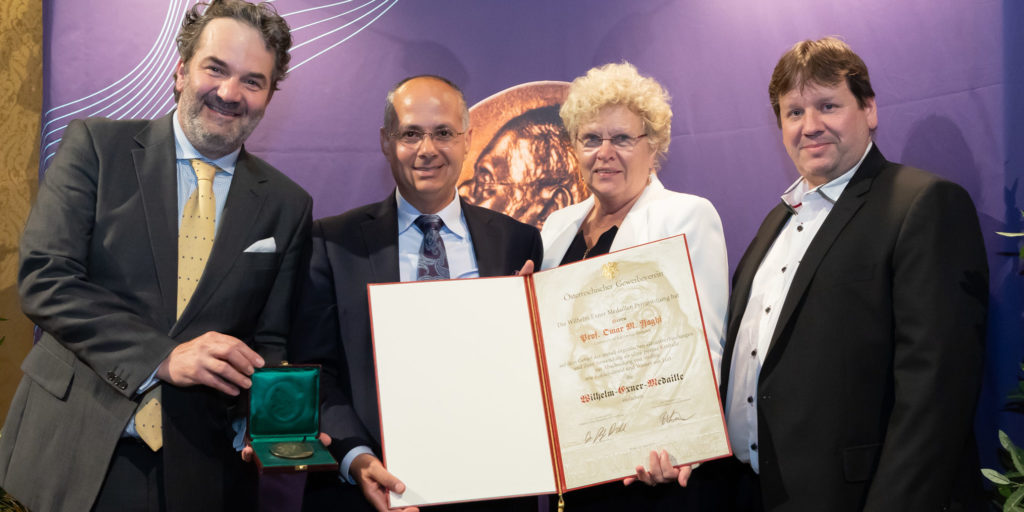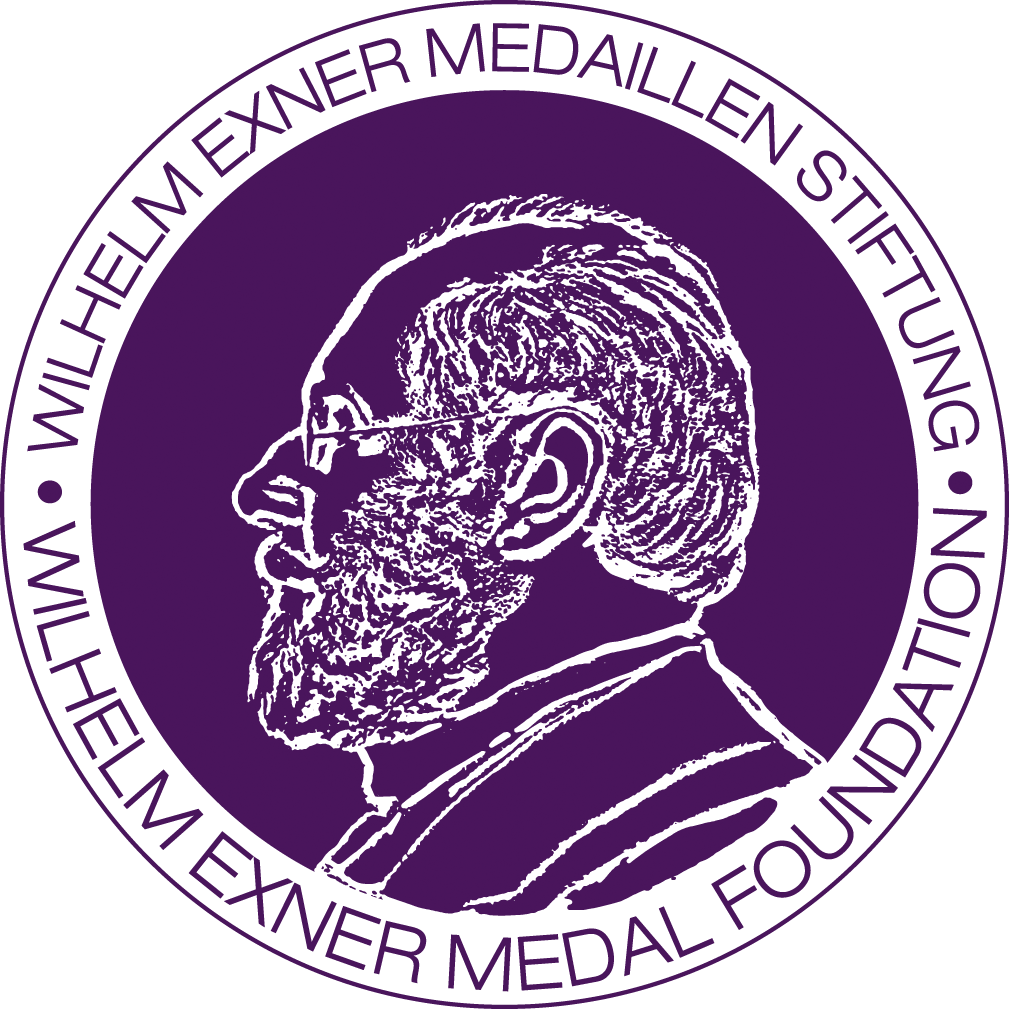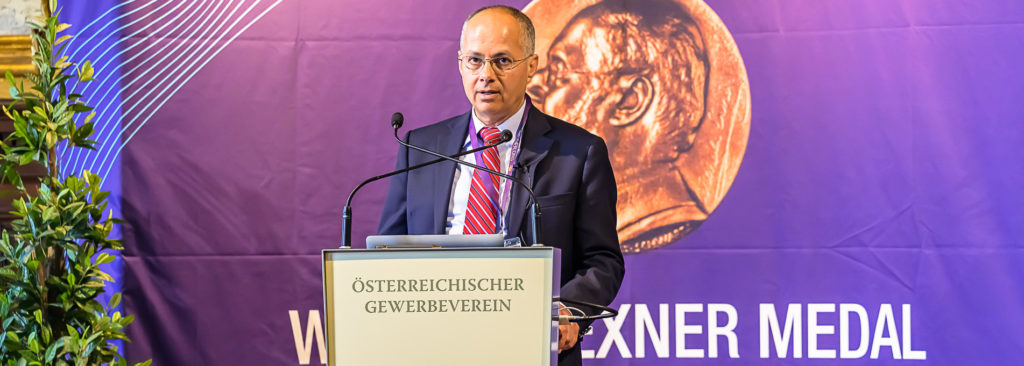Omar Yaghi has been awarded the Wilhelm Exner Medal 2023 for his outstanding achievements. The ceremony and the public Exner Lectures will be held May 22-23, 2023 in Vienna, Austria.
is an American chemist and materials scientist. He is a professor at the University of California at Berkeley and director of the Berkeley Global Science Institute. Yaghi is known for his work on metal-organic frameworks (MOFs), which are considered promising materials for hydrogen and carbon dioxide storage.
MOFs are crystalline materials composed of metal nodes and organic compounds. They have extremely high porosity and an enormous internal surface area, which can reach up to 90% free volume and more than 6,000 m²/g. MOFs can be used in a wide range of applications, including hydrogen and carbon dioxide storage, catalysis, gas and liquid separation and drug release.
He has founded several companies, including Mosaic Materials and Basolite Inc.
Porous Crystals for a Sustainable Future
Abstract of his laureates lectures:
The clean air, clean energy, and clean water challenges facing our planet today impact our health, wealth, happiness, and future. These three stresses present difficult science and engineering problems to solve as they require, among many aspects, the selective capture of small molecules (e.g. hydrogen, methane, carbon dioxide, and water). Our ability to capture, store, manipulate, and harness the power of these molecules in an efficient and economical manner is paramount to our success in building a sustainable future.
The emerging field of reticular chemistry and materials has yielded extensive classes of nanoporous metal-organic frameworks and covalent organic frameworks. The flexibility with which these materials can be made, modified, and scaled bodes well for their integration into devices and providing robust solutions to these challenges. In this presentation, I will highlight how thirty years of establishing the basic science of reticular materials has led us to carbon capture from air and flue gas, and harvesting water from air to produce drinking water in various parts of the world regardless of temperature and humidity levels.
Our efforts in taking this technology from the laboratory to the field including the design and engineering of prototypes will be discussed and the results presented. The establishment of MOFs and COFs as a global research activity has led to infinite number of materials which when coupled with engineering of devices offer new, unparalleled opportunities for solving the three stresses facing our planet.



